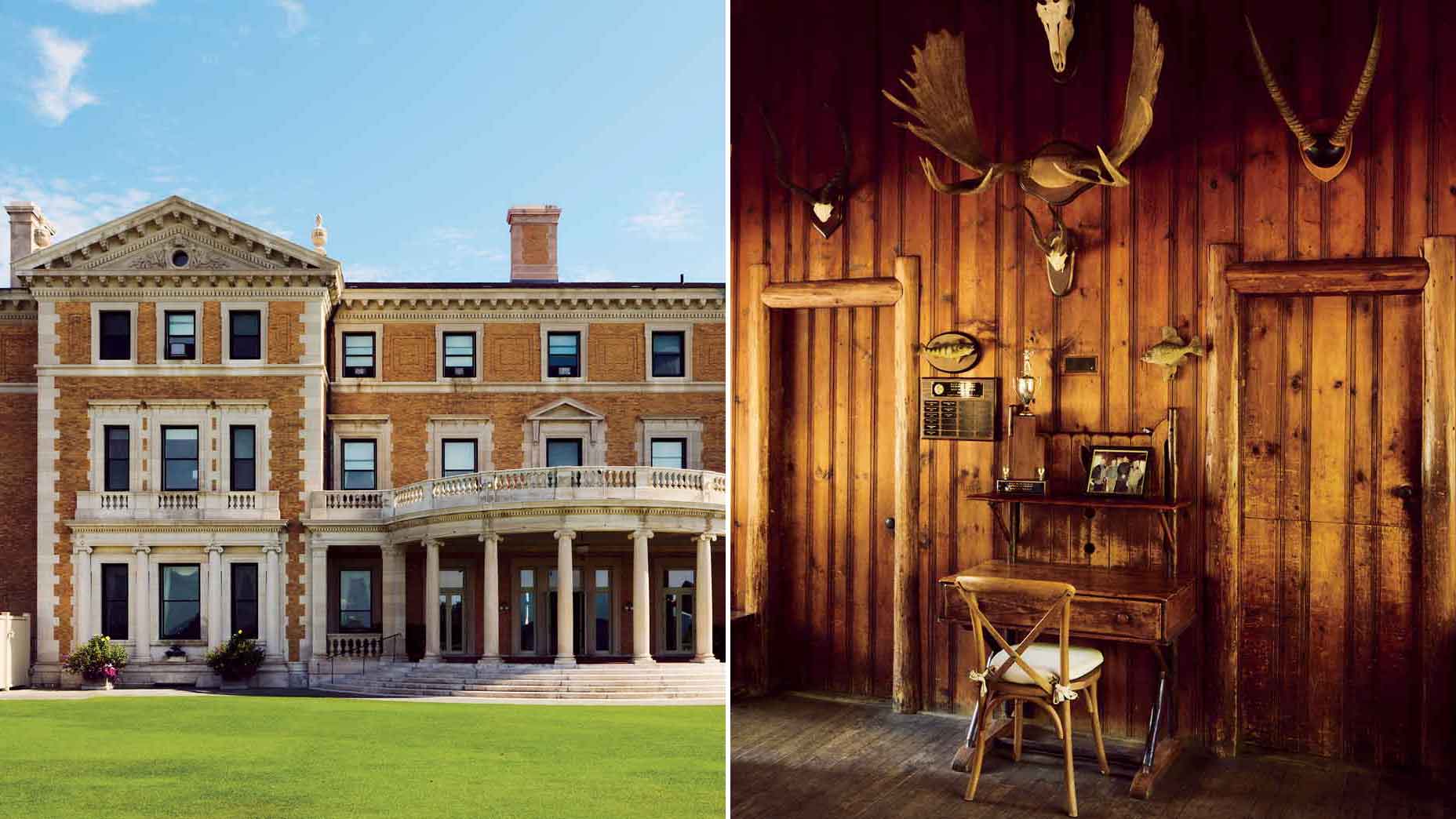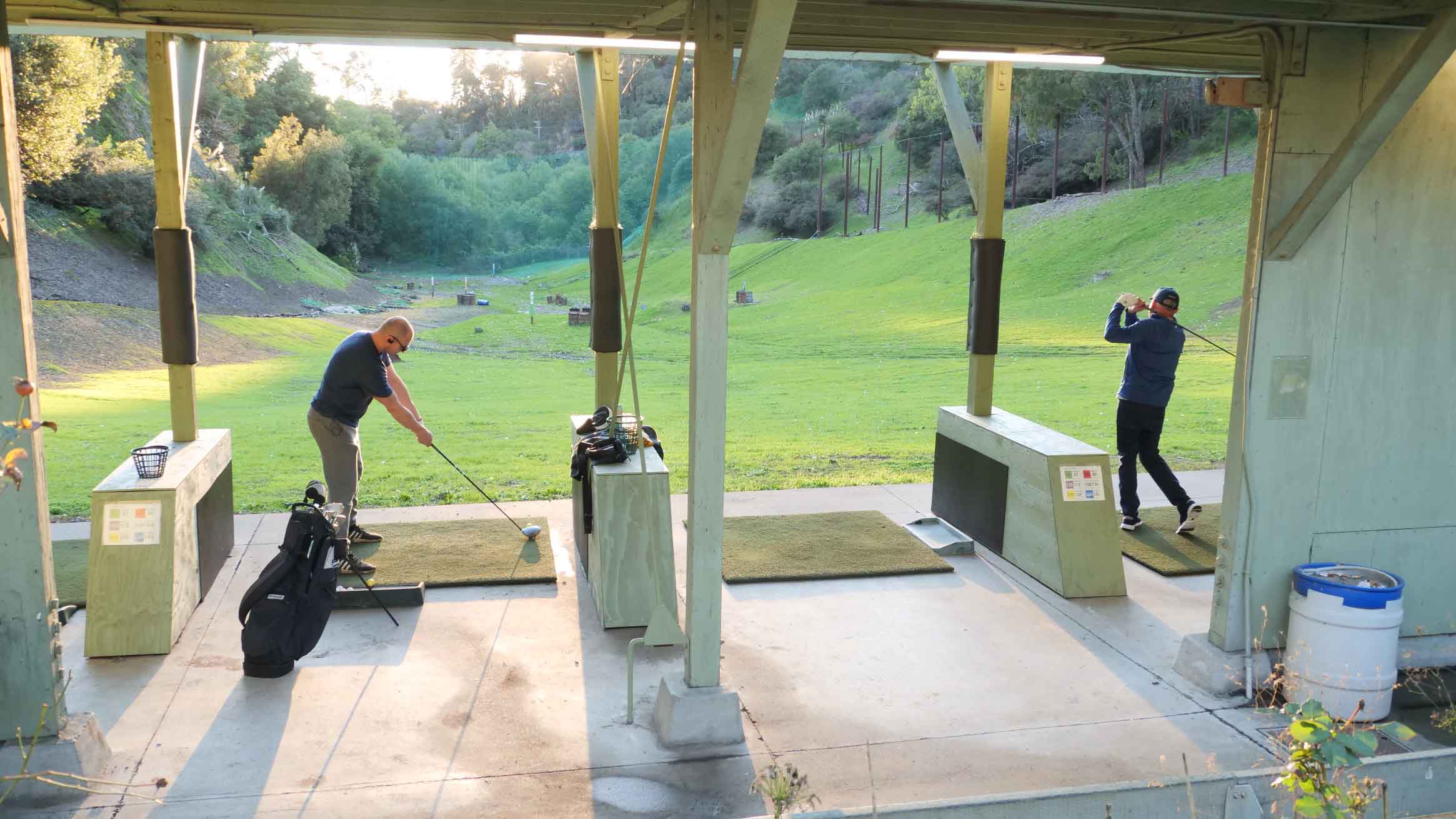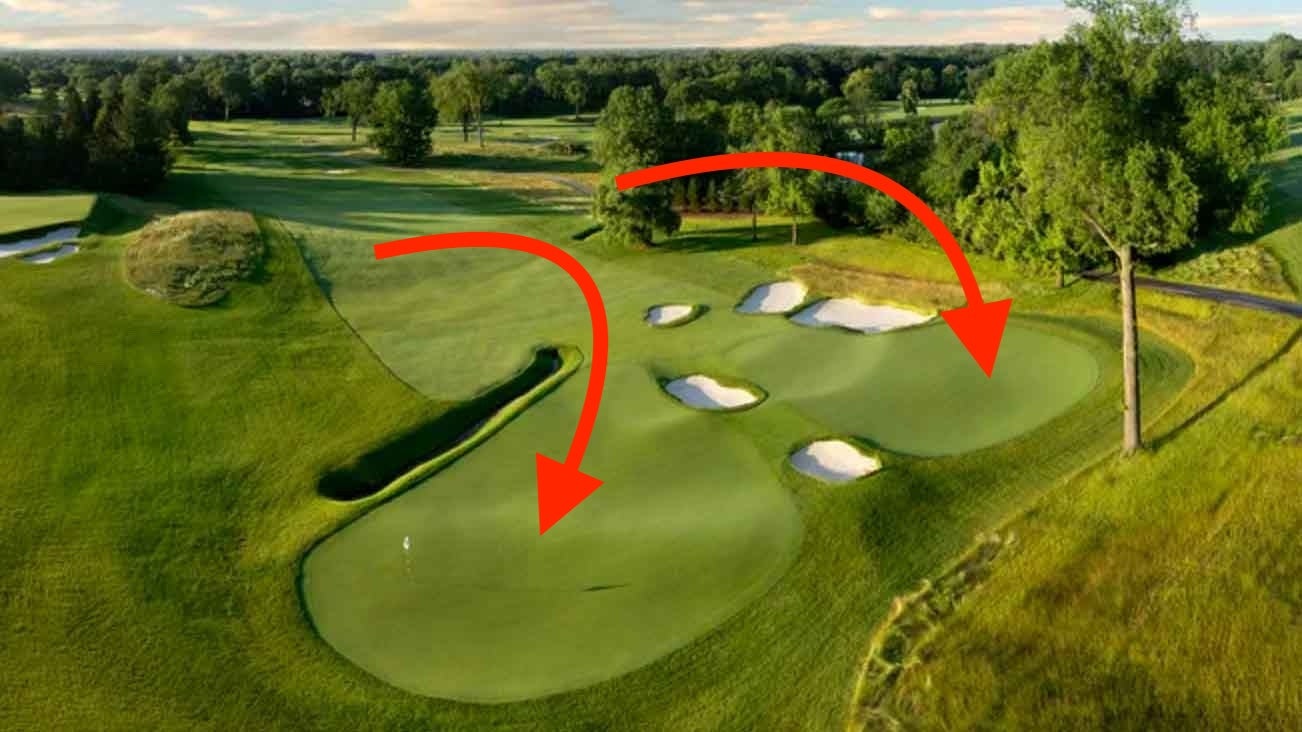Shinnecock Hills is an historic club with a special course. That’s why the USGA is bringing the Open back there for a sixth time in 2026. But for the I-know-a-guy locals with access to all the great and private links of eastern Long Island, the golf scene there does not begin and end with Shinnecock.
That’s because they’ve played Friar’s Head, a 2002 Coore-Crenshaw course with a 1902 vibe. (No distance markers, no cart paths, no hot-dog stands.) And the odd-couple Tom Doak and Jack Nicklaus collaboration, Sebonack, with its million-dollar views of Peconic Bay — and its $1 million initiation fee. They of course know the C.B. Macdonald masterwork next to it, the National Golf Links of America. There’s the Westhampton Country Club in Westhampton Beach, the Maidstone Club in East Hampton and the Atlantic Golf Club in between them.
And then there’s the one the working locals know best, the unassuming Southampton Golf Club, which abuts Shinnecock, with a course built by Seth Raynor, design god and native Long Islander. Its fairways sweep and swoop, its bunkers are real hazards filled with heavy beach sand and its greens are wild, named (Redan, Biarritz) and alive. Shinnecock, to use two enduring catchphrases from the late Tom Wolfe, is a colony of “social X-rays” and “Masters of the Universe.” But it’s the folks at Southampton — the contractors, restaurant owners, volunteer firefighters and course superintendents — who keep eastern Long Island running.
Say what you will about greater Pebble Beach and greater Myrtle Beach, there’s no place in the United States with more golf-course magic per hectare than eastern Long Island. There’s one fundamental reason why Shinnecock and Southampton and these other courses are so good. Let me take a page here from Johnny Drama, the resident philosopher (and golf nut) in Entourage, who once noted that what makes the New York bagel is the water from Borough Park, in Brooklyn. What makes these East End courses is their soil, loamy and porous, about what you find on the East Coast of Scotland. (Take a good look at the divots at Carnoustie.) Yes, getting on these Long Island courses is a tricky business. But for the lucky few…
Enter Bruce Zabriski, 60, the son of a carpenter who learned the game as a caddie and range-picker at Southampton. He’s a local legend, the winner of four Long Island Opens. As a Florida club pro, his bosses have included Donald Trump, who once tried to buy the land on which Sebonack now sits, and Raymond Floyd, winner of the 1986 Open at Shinnecock. (Bruce was in the field that week.) Now he works at PGA National, in Palm Beach Gardens, Fla. It’s fine. It’s residential golf and resort golf. It’s cart golf. Once a year, for the Honda Classic, it’s golf-on-TV.
But in his Long Island boyhood, Bruce played the primitive, cross-country ball-and-stick game of our ancestors. That is, golf over rough terrain, through the wind, on foot. Here’s a verbal map of the 24-hole course that Bruce and his golf-nut friends invented for their Monday outings in the early 1970s:
“We’d start at Southampton and play one through six. Then we’d cut through a hedge, drop balls in the middle of 12 fairway at Shinnecock and play through 18, plus one and two. Then we’d walk a path past a few trees, wind up at National and play 10 through 18 there. My father would be there to pick us up. He’d be waiting at the entrance gate, in his blue Rambler station wagon, with his tools in the back. Sometimes he’d have cans of Orange Fanta for us.”
Butch Armusewicz, the president/czar of the Southampton Golf Club for the last 25 years, was playing with Bruce nearly four decades ago at Southampton when Bruce shot a course-record 61. Butch’s father, who got him started in the flooring business, joined the club in ’38. At Southampton, nobody cares if your ancestors arrived on the Mayflower. The common bond, Butch told me, has always been devotion to golf.
He gave me a tour of his course on a raw, windy Wednesday in April. Still, there was a group on almost every hole, most of the players were walking and carrying, and a few of them were wearing shorts.
“Gimme a call when you’re ready to play,” one golfer bellowed in Butch’s direction.
“I’ll call you if I need some money,” Butch bellowed back.
Later that day, I did drive-bys on Shinnecock and National. Shinnecock was a construction site, with the Open coming. The flagsticks were in at National, but the course was empty.
Years ago, on the European Tour, Bruce would sometimes room with an old boss of mine, Peter Teravainen. They were both broke. Bruce likes to say that Peter’s Dopp kit was a bar of soap. Bruce got it. They were workingman golfers. When I asked Bruce to name his favorite course on eastern Long Island, he didn’t hesitate: Southampton G.C. “The members there passed the hat to give me a shot on Tour,” he told me. “I played Jack Nicklaus there, every single night.”
Shinnecock Hills, he’ll tell you, is very good, too.






